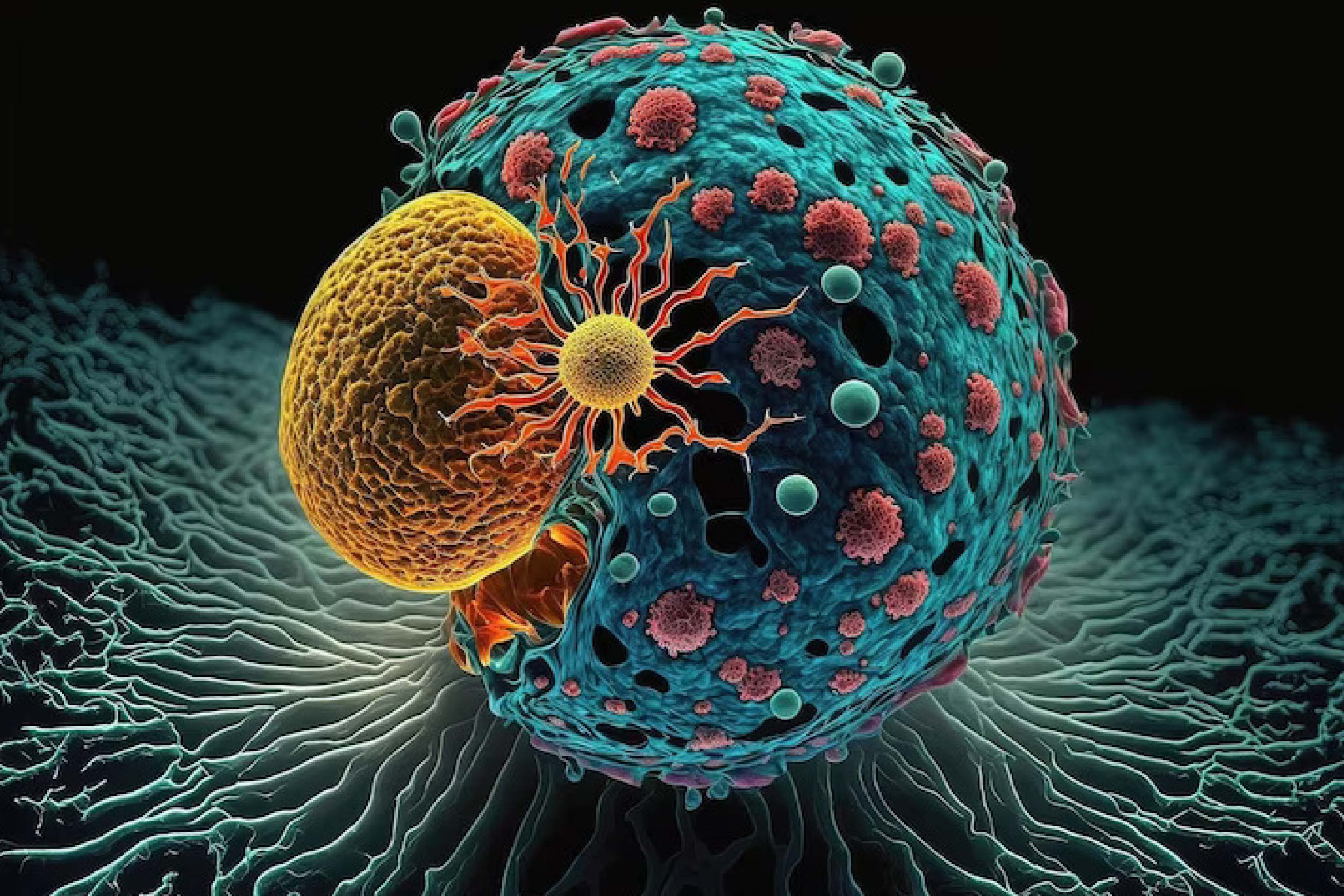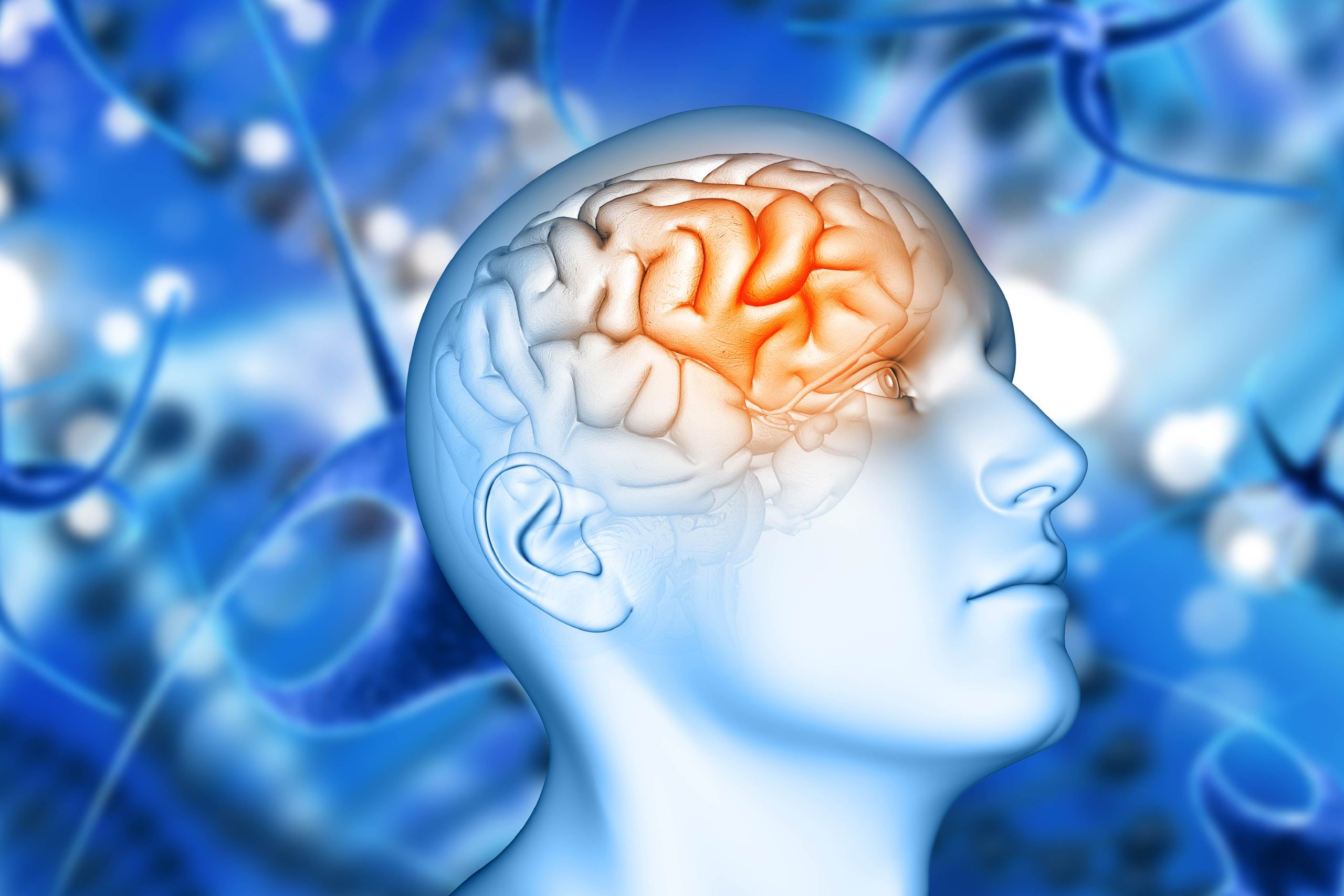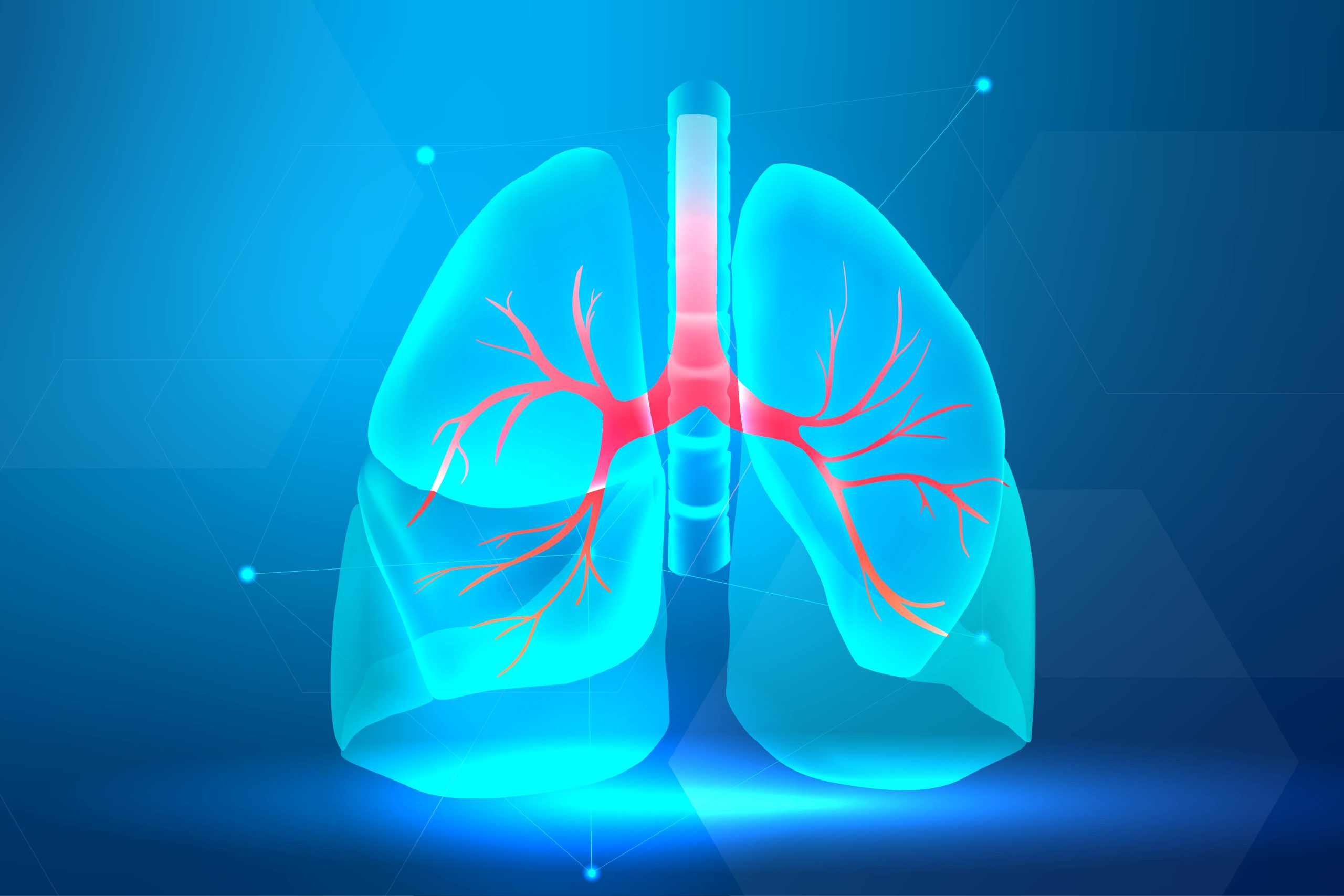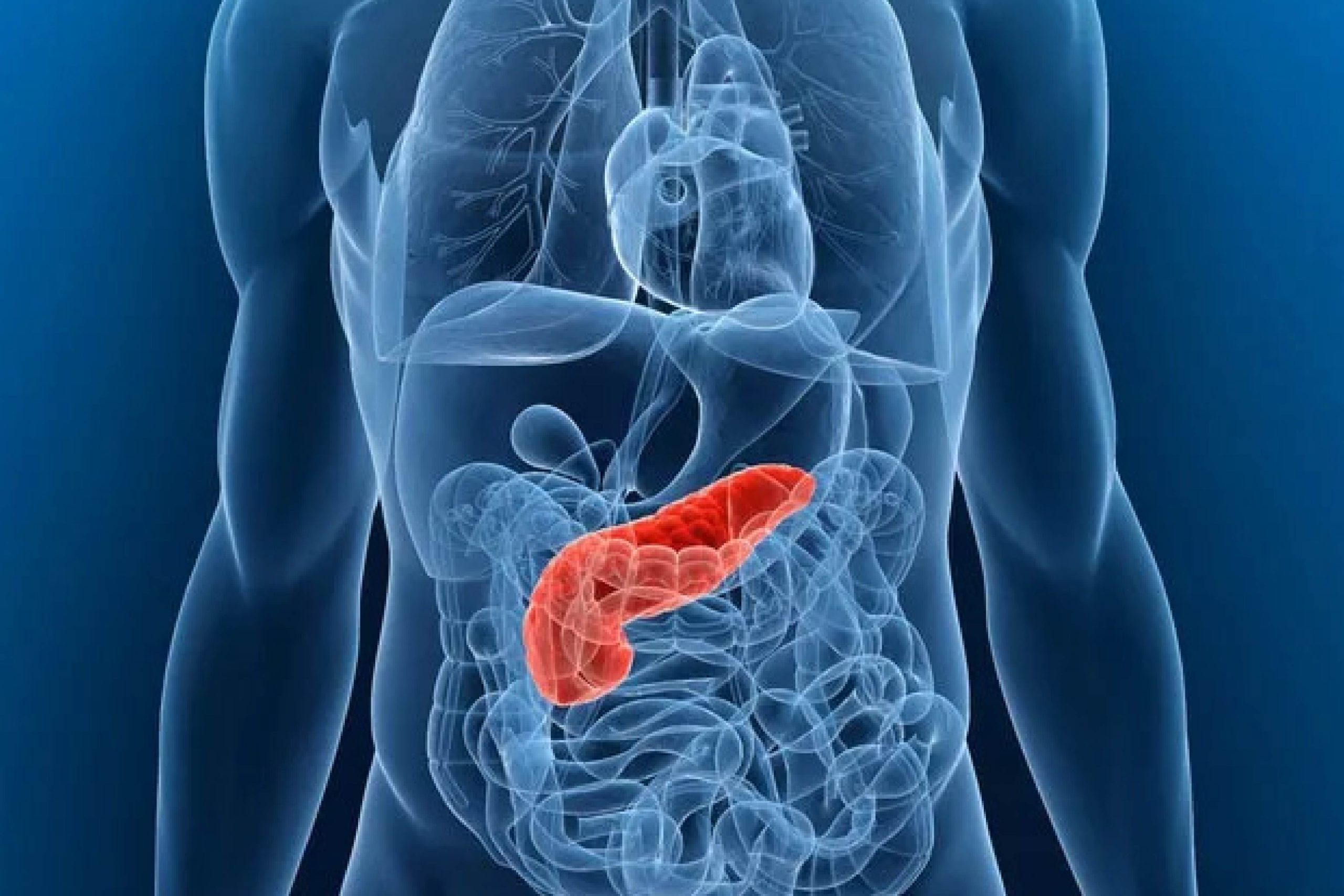Cancer

Overview
Cancer is a disease that occurs when abnormal cells in the body grow and divide uncontrollably, forming a mass or tumor. Cancer can occur in almost any part of the body and can spread to other parts through the bloodstream or lymphatic system.
There are many different types of cancer, and the causes and risk factors can vary depending on the type. Some common risk factors for cancer include exposure to tobacco smoke, alcohol consumption, exposure to ultraviolet radiation from the sun or tanning beds, exposure to certain chemicals or toxins, and genetic mutations.
Symptoms of cancer can vary depending on the type and location of the tumor, but may include fatigue, unexplained weight loss, pain, changes in the skin, changes in bowel or bladder habits, persistent coughing, difficulty swallowing, or changes in menstrual cycle.
The diagnosis of cancer typically involves a combination of imaging tests, such as CT scans or MRIs, and laboratory tests, such as blood tests or biopsies, to determine the type and extent of the cancer.
The treatment of cancer can vary depending on the type and stage of the cancer, as well as the patient’s age and overall health. Some common treatments for cancer include surgery, radiation therapy, chemotherapy, targeted therapy, and immunotherapy. In some cases, a combination of treatments may be used to achieve the best outcomes.
Cancer can be a serious and life-threatening condition, but early detection and treatment can improve outcomes. It is important for individuals to be aware of their risk factors and to undergo regular screenings and checkups with a healthcare professional.
Symptoms
The symptoms of cancer can vary depending on the type and stage of the cancer, as well as the location of the tumor. Some common symptoms of cancer may include:
- Fatigue: Persistent feelings of tiredness, weakness, or lack of energy.
- Unexplained weight loss: Significant weight loss without a change in diet or exercise.
- Pain: Persistent pain that may be localized or spread throughout the body.
- Skin changes: Changes in the color or texture of the skin, such as jaundice or redness.
- Changes in bowel or bladder habits: Persistent constipation, diarrhea, or urinary incontinence.
- Persistent coughing: A cough that does not go away or worsens over time.
- Difficulty swallowing: Persistent difficulty swallowing or a feeling of a lump in the throat.
- Changes in menstrual cycle: Changes in the menstrual cycle or bleeding between periods.
- Wounds that do not heal: Persistent sores or wounds that do not heal over time.
It is important to note that these symptoms can also be caused by other conditions, and not all cancers cause symptoms. However, any persistent or unexplained symptoms should be evaluated by a healthcare professional. Additionally, some cancers may not cause symptoms until they have reached an advanced stage, underscoring the importance of regular cancer screenings and checkups.
Treatments
The treatment of cancer depends on the type and stage of cancer, as well as the patient’s overall health and preferences. Some common treatments for cancer include:
- Surgery: Surgery involves the removal of the tumor and surrounding tissue. It may be used to diagnose, stage, or treat cancer, depending on the type and location of the tumor.
- Radiation therapy: Radiation therapy uses high-energy rays or particles to kill cancer cells. It may be used alone or in combination with surgery or chemotherapy.
- Chemotherapy: Chemotherapy uses drugs to kill cancer cells throughout the body. It may be used alone or in combination with surgery or radiation therapy.
- Targeted therapy: Targeted therapy uses drugs or other substances to target specific molecules or pathways involved in the growth and spread of cancer cells. It may be used alone or in combination with other treatments.
- Immunotherapy: Immunotherapy uses the body’s own immune system to recognize and attack cancer cells. It may be used alone or in combination with other treatments.
- Hormone therapy: Hormone therapy may be used to block or reduce the effects of hormones that stimulate the growth of certain types of cancer, such as breast or prostate cancer.
- Stem cell transplant: Stem cell transplant involves the replacement of diseased bone marrow or blood cells with healthy ones.
- Palliative care: Palliative care focuses on providing relief from symptoms and improving the quality of life for patients with advanced or terminal cancer.
In addition to these treatments, there are also clinical trials available for new and innovative treatments for cancer. It is important for patients to discuss all treatment options with their healthcare team to determine the best course of action for their individual case.
Cancer is a disease that occurs when abnormal cells in the body grow and divide uncontrollably, forming a mass or tumor.
- Weight loss
- fatigue
- pain
- skin changes
- lumps










